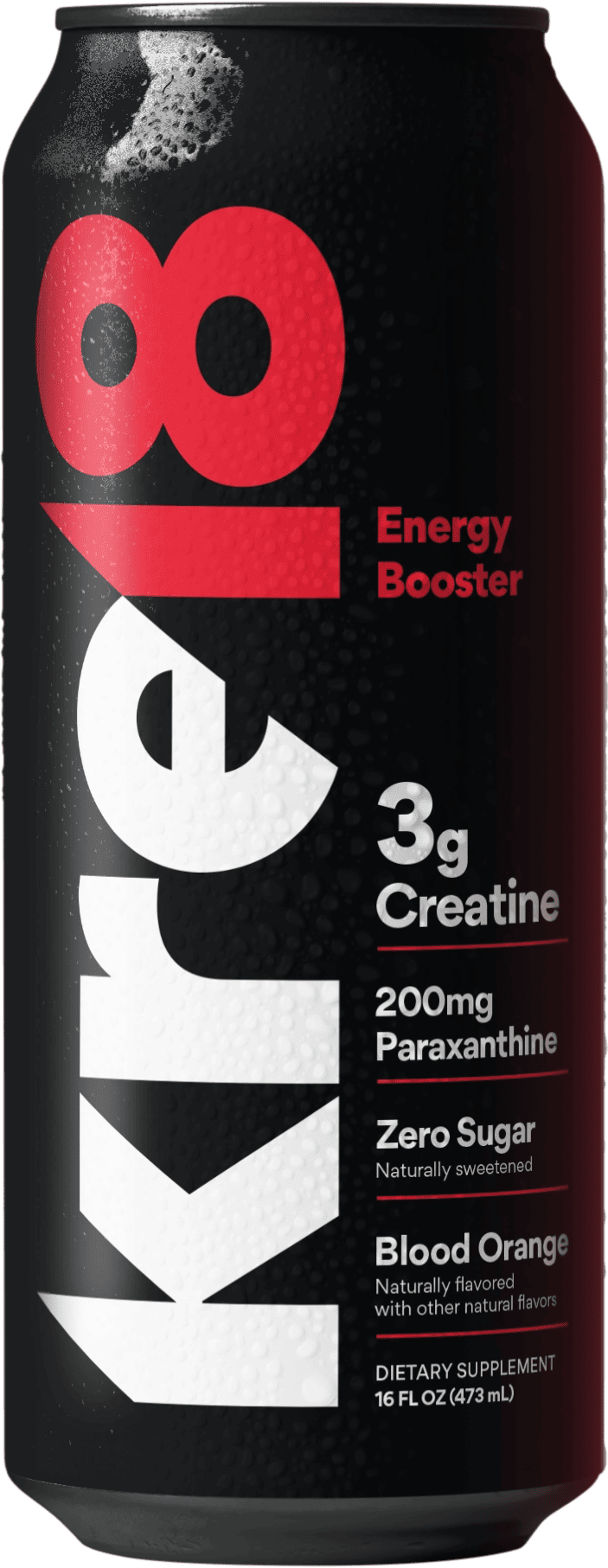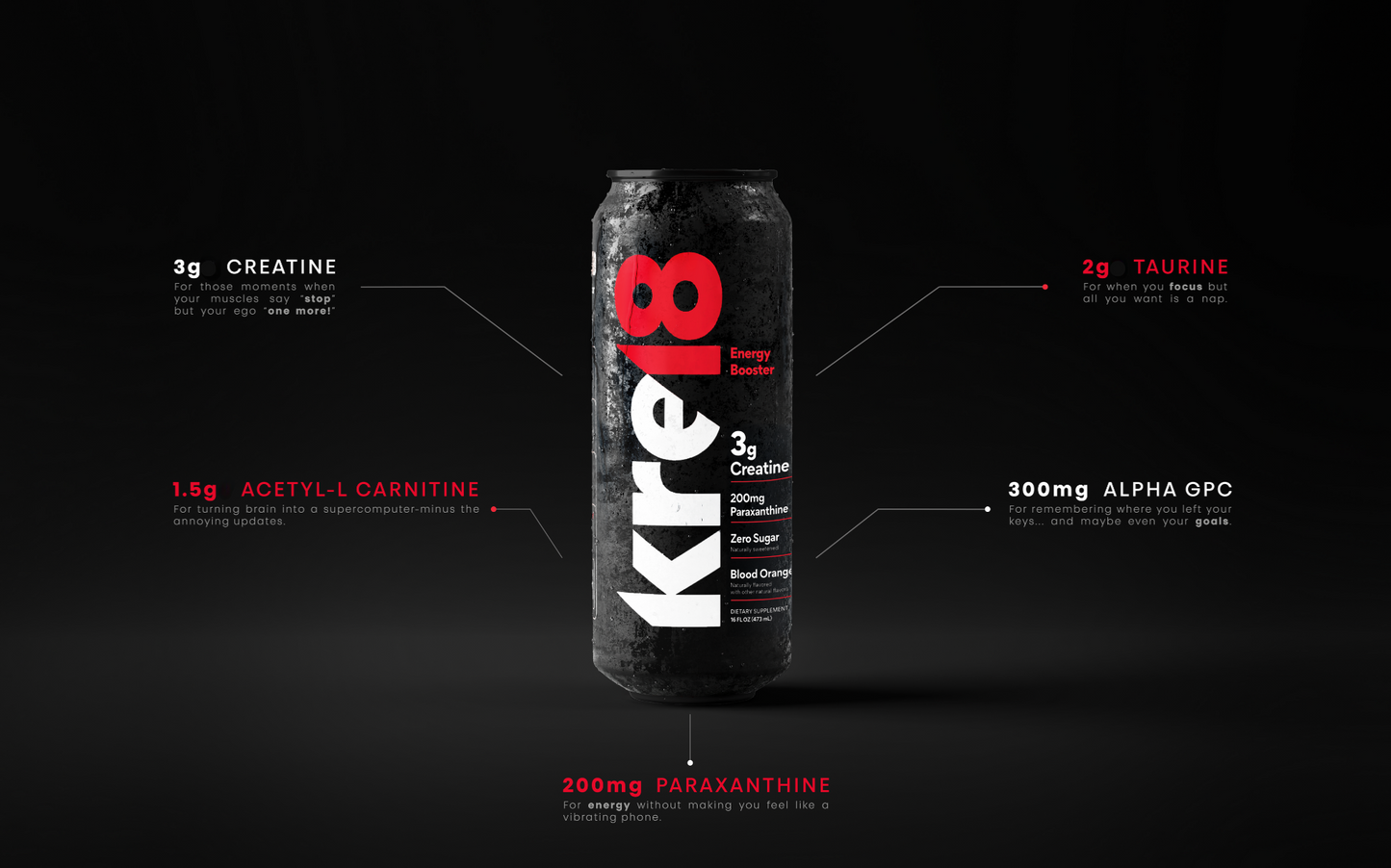Acetyl‑L‑carnitine hydrochloride (ALCH) has garnered significant attention for its potential performance‑enhancing and therapeutic benefits. In the context of cognitive health and neurodegenerative diseases, acetyl‑L‑carnitine has been extensively studied for its ability to improve cognitive function and slow the progression of neurodegeneration. Its effects on energy metabolism and physical performance are also well documented, as L‑carnitine derivatives like ALCH are known to enhance fat metabolism and cellular energy production. Several scientific studies suggest improvements in exercise performance and post‑exercise recovery following supplementation.
With regard to healthy aging and longevity, ALCH’s antioxidant properties may help mitigate age‑related oxidative damage. By supporting mitochondrial integrity and cellular repair mechanisms, it contributes to overall cellular resilience. In addition, ALCH has shown promise in alleviating peripheral neuropathy symptoms. It may reduce neuropathic pain and improve nerve function in cases of diabetic neuropathy or chemotherapy‑induced nerve damage, although further clinical research is required to substantiate these preliminary findings.
Supplementation Safety and Possible Side Effects
Acetyl‑L‑carnitine is generally considered safe when taken at recommended doses of up to 2 grams per day. Clinical trials have explored higher dosages, up to 4.5 grams daily, without reporting serious adverse effects. However, some users may experience mild side effects such as gastrointestinal discomfort, restlessness, headaches, or a distinctive odor in urine or sweat due to metabolite excretion. Overall, the compound has a strong safety profile when consumed responsibly.
Proven and Science‑Backed Results You Can Trust
A 2018 comprehensive review by Fielding et al. analyzed the effects of supplemental L‑carnitine on exercise performance and recovery in both well‑trained athletes (ages 16 to 36) and recreationally active adults (ages 18 to 50). This review included 11 clinical trials involving a total of 251 athletes who consumed 1 to 4 grams of L‑carnitine daily for up to six months. The findings indicated reductions in lactate levels and heart rate, as well as increases in lipid metabolism, VO₂ max (the maximum rate of oxygen the body can utilize during exercise), oxygen consumption, and plasma L‑carnitine concentrations. Participants also experienced improved physical performance and faster recovery.
In 17 additional studies focusing on recreationally active individuals, a total of 237 participants took 2 grams of L‑carnitine once daily—or 2 to 4 grams once or twice per day—for up to three months. Collectively, these trials reported decreased plasma lactate and pyruvate levels, reduced muscle soreness, and improved recovery and aerobic performance, including notable gains in VO₂ max.
Further support comes from a 2021 systematic review by Mielgo‑Ayuso et al., which examined 11 randomized controlled trials involving 203 physically active or untrained adults aged 18 to 46. Participants received either 3 to 4 grams of L‑carnitine per day for one week or 1 to 3 grams per day over periods ranging from four to twenty‑four weeks. While results were mixed, several studies demonstrated statistically significant improvements in VO₂ max, peak and sprinting power, perceived exertion levels, and resistance‑training outcomes such as increased volume and repetitions in leg press exercises.
Regarding weight management, a 2016 meta‑analysis by Pooyandjoo et al. evaluated nine randomized clinical trials involving 911 participants. These trials used dosages ranging from 1.8 to 4 grams of L‑carnitine daily for periods spanning 30 to 360 days, with one trial administering 15 mg/kg/day for 182 days. On average, individuals receiving L‑carnitine supplements lost 1.33 kilograms more than those in the placebo groups, regardless of dosage or study duration.
Emerging evidence also points to a connection between ALCH and mental health. Preliminary studies suggest that acetyl‑L‑carnitine supplementation may enhance memory and attention in individuals with early cognitive decline. A 2018 study conducted at Stanford University found that patients with severe depression had markedly lower blood levels of acetyl‑L‑carnitine compared to healthy controls. This deficiency was especially prominent in individuals with treatment‑resistant or early‑onset major depressive disorder. Animal models further support these findings, indicating that ALCH supplementation can reverse depressive‑like behaviors by modulating excitatory neurotransmission in key brain regions such as the hippocampus and prefrontal cortex.















